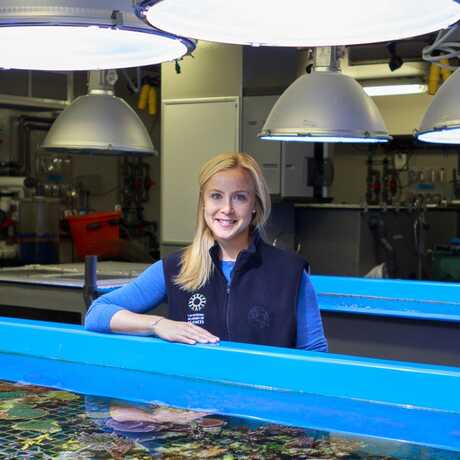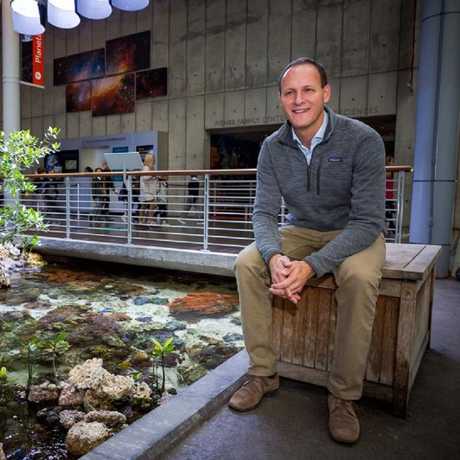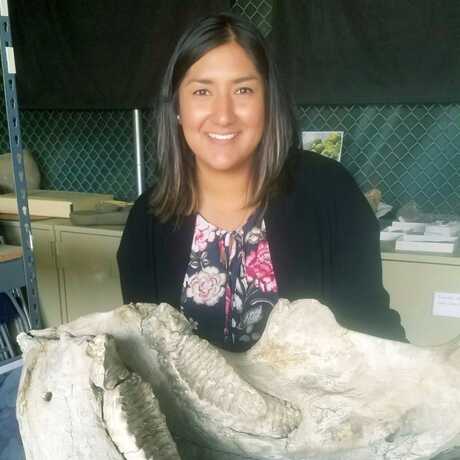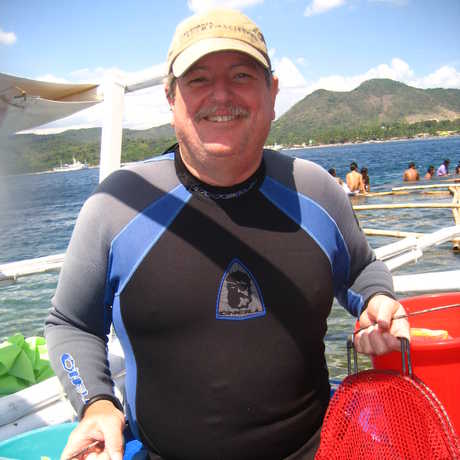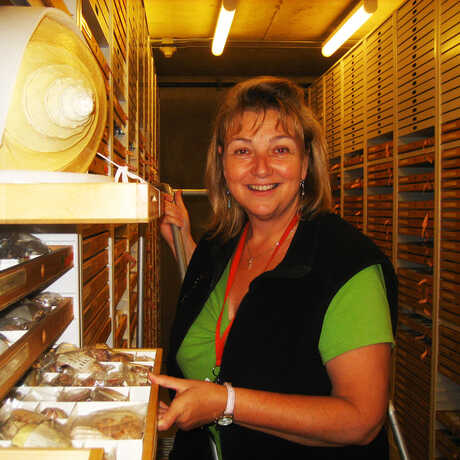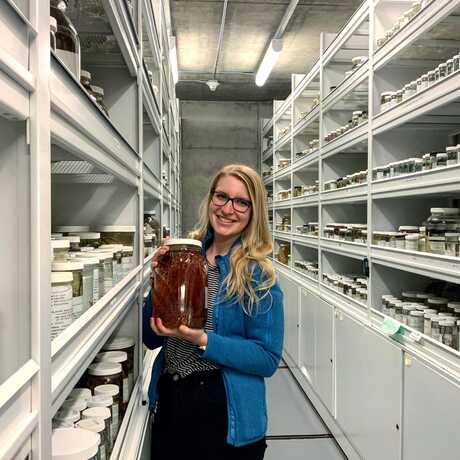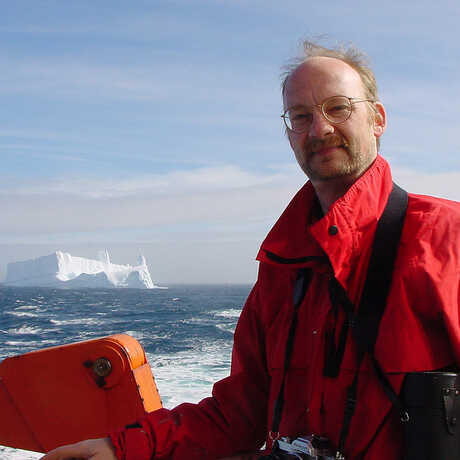My research focuses on the capacity of benthic marine organisms to cope with changing environmental conditions. Specifically, I have devoted the last ten years to understanding how coral reef organisms are impacted by changing seawater chemistry (ocean acidification), alone and in combination with warming.
I joined the Academy in 2018 as a part-time Curatorial Assistant in Geology. From 2019-2022, I worked on a NSF OCE grant: The Holocene and Anthropocene as windows into the future of marine systems. As part of this, I assisted in the digitization and management of a crowd-sourced Zooniverse project which digitally transcribed over 5,000 records from our microfossil collection. My other duties include collections care of our fossil and mineral collections, volunteer supervision, specimen digitization, and data cleaning. I graduated from Johns Hopkins University with a M.A.
I’m interested in the ecology and evolution of tropical reef-building corals, from close to the surface to well into the twilight zone. As a molecular ecologist, I combine genomics and field ecology to understand how corals diversify and adapt to different environmental conditions. Much of my research has focused on studying genetic patterns “across the reef slope” (over depth), piecing together the evolutionary processes that have led to those patterns, and inferring how those patterns impact the interconnectivity of shallow and deep reef habitats.
Crystal is a Mexican-American vertebrate paleontologist with over 10 years of experience working with geological and paleontological collections. She holds degrees in Geology (BS) and Environmental Science (MSc). Her research interests include Cenozoic fossil shark assemblages and conservation paleobiology topics.
I am a Curatorial Assistant in the Recent Invertebrate Collection at the California Academy of Sciences. I started as a volunteer in the department in 2014 and joined as a full time in 2017. My work currently is focused on digitizing our collections as part of the NSF funded DigIn Grant. The Invertebrate Zoology collection is aiming to digitize 56,000 marine non-molluscan specimen lots over the next 3 years.
I am an evolutionary biologist with research interests in the ecology, evolution, and conservation of marine ecosystems. I have used genetics to address a wide range of topics in the ocean, from sea cucumber fisheries in Fiji, to coral bleaching in American Samoa, to how mutations accumulate in coral colonies. Currently, I combine genomics with aquarium husbandry for important marine animals like corals and sea stars, in order to inform best practices for conservation breeding programs worldwide.
When I was about 8 years old, I sat at the kitchen table and used a blue ballpoint pen to draw the "blueprints" for the research vessel I would be using when I became a marine biologist. Things don't always go the way you plan--even when you start early. But I can say that my life as a field biologist and phylogeneticist of marine organisms has never wavered from the exciting endeavor represented by those childhood sketches.
